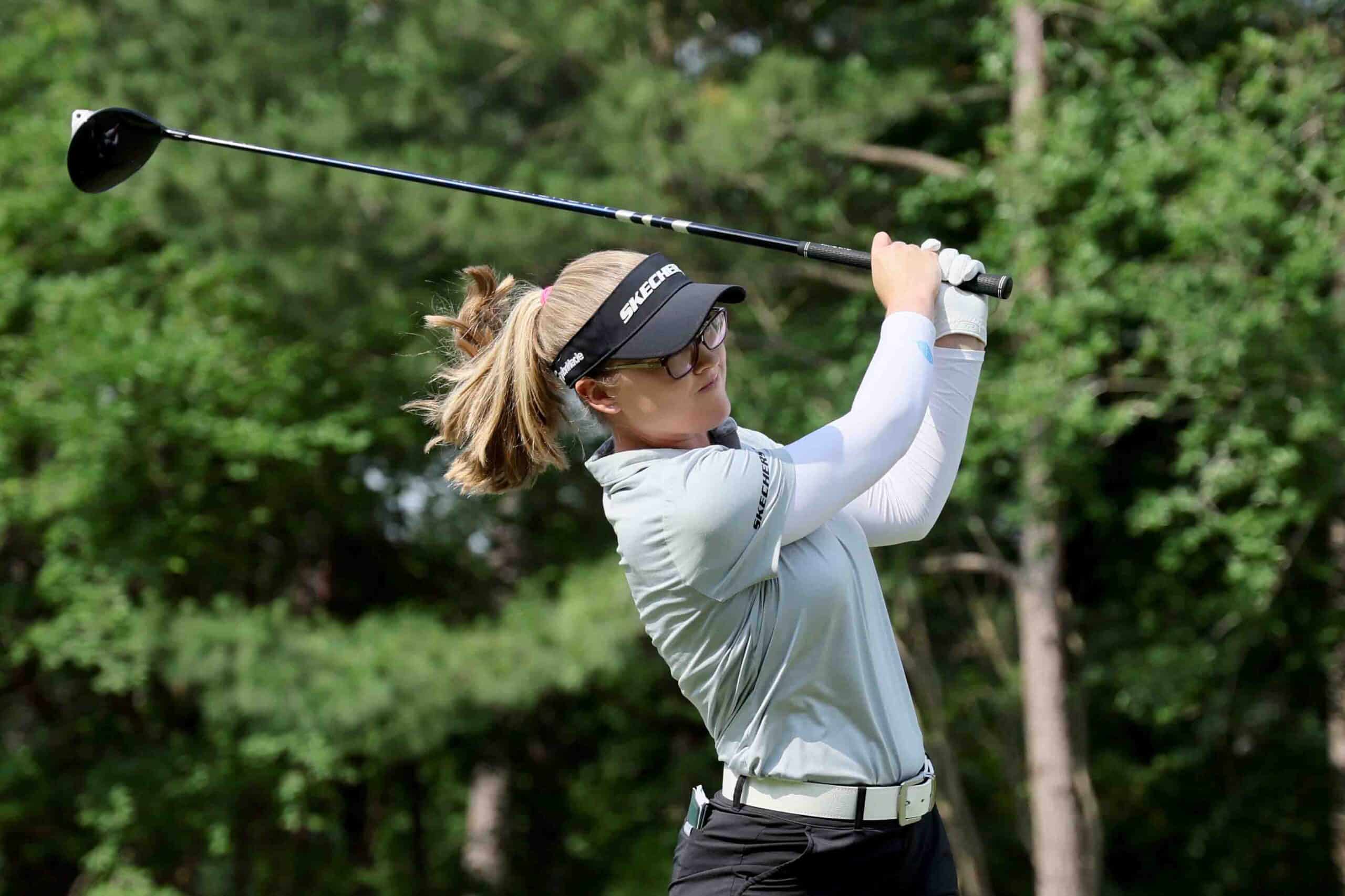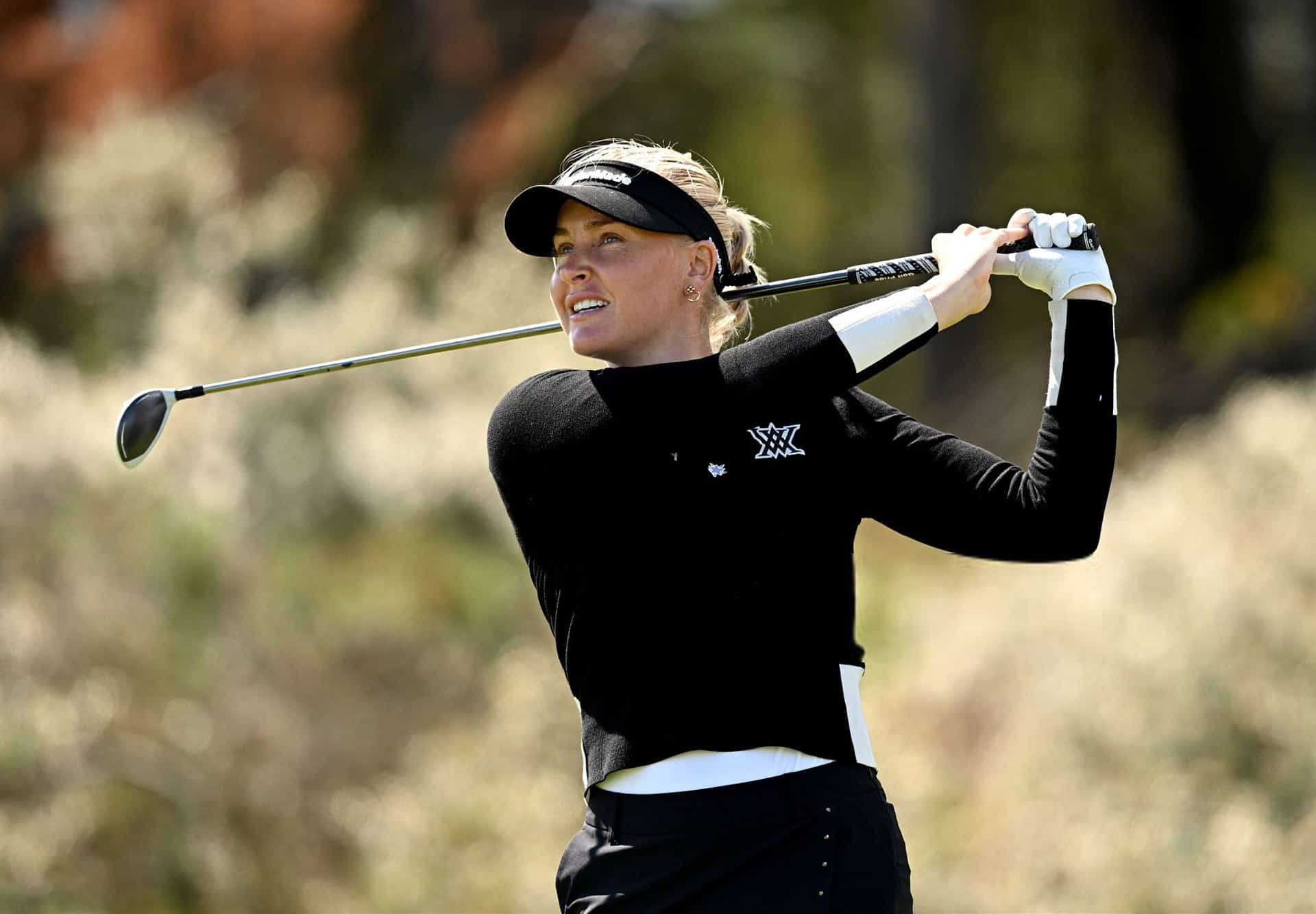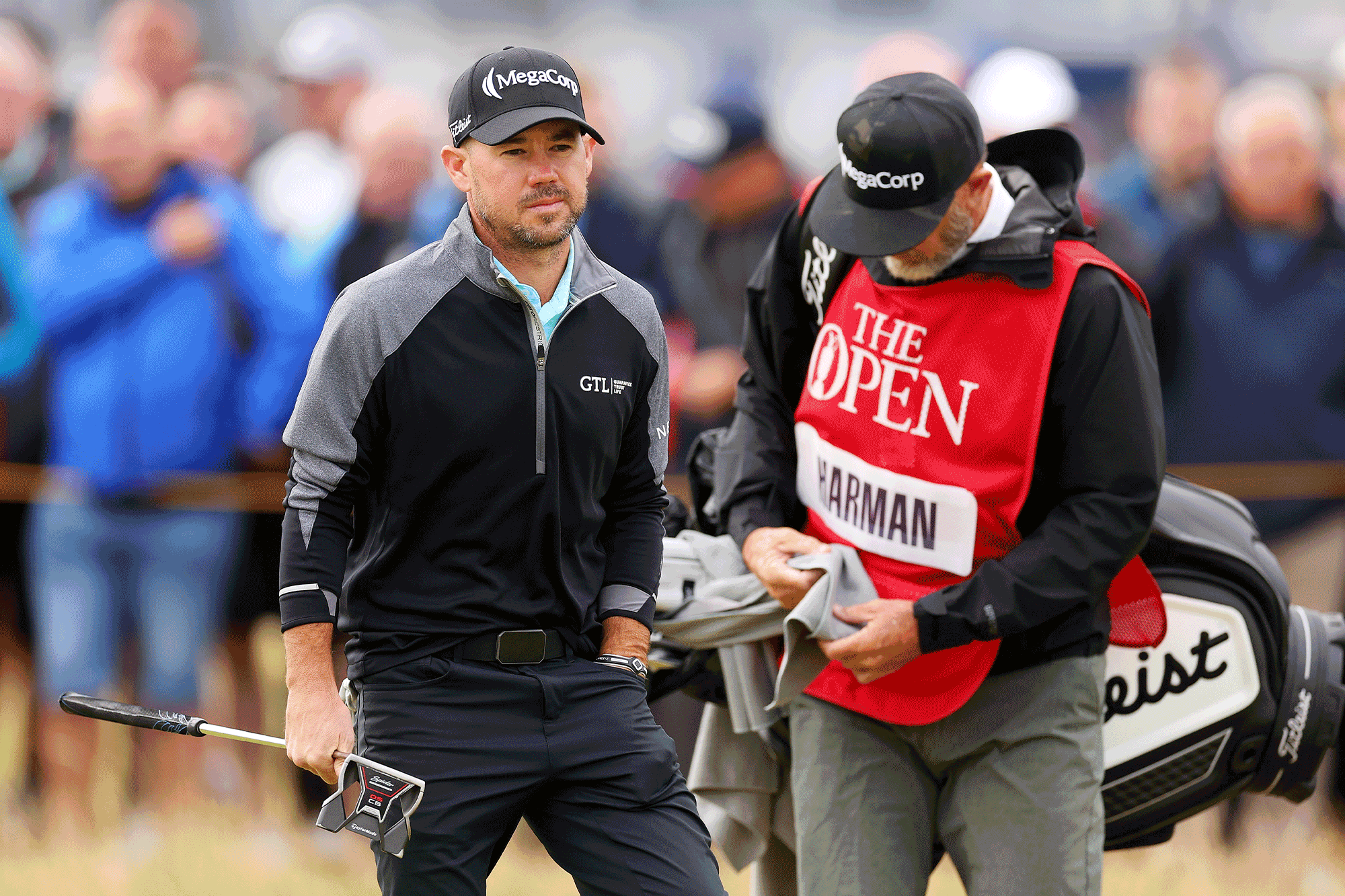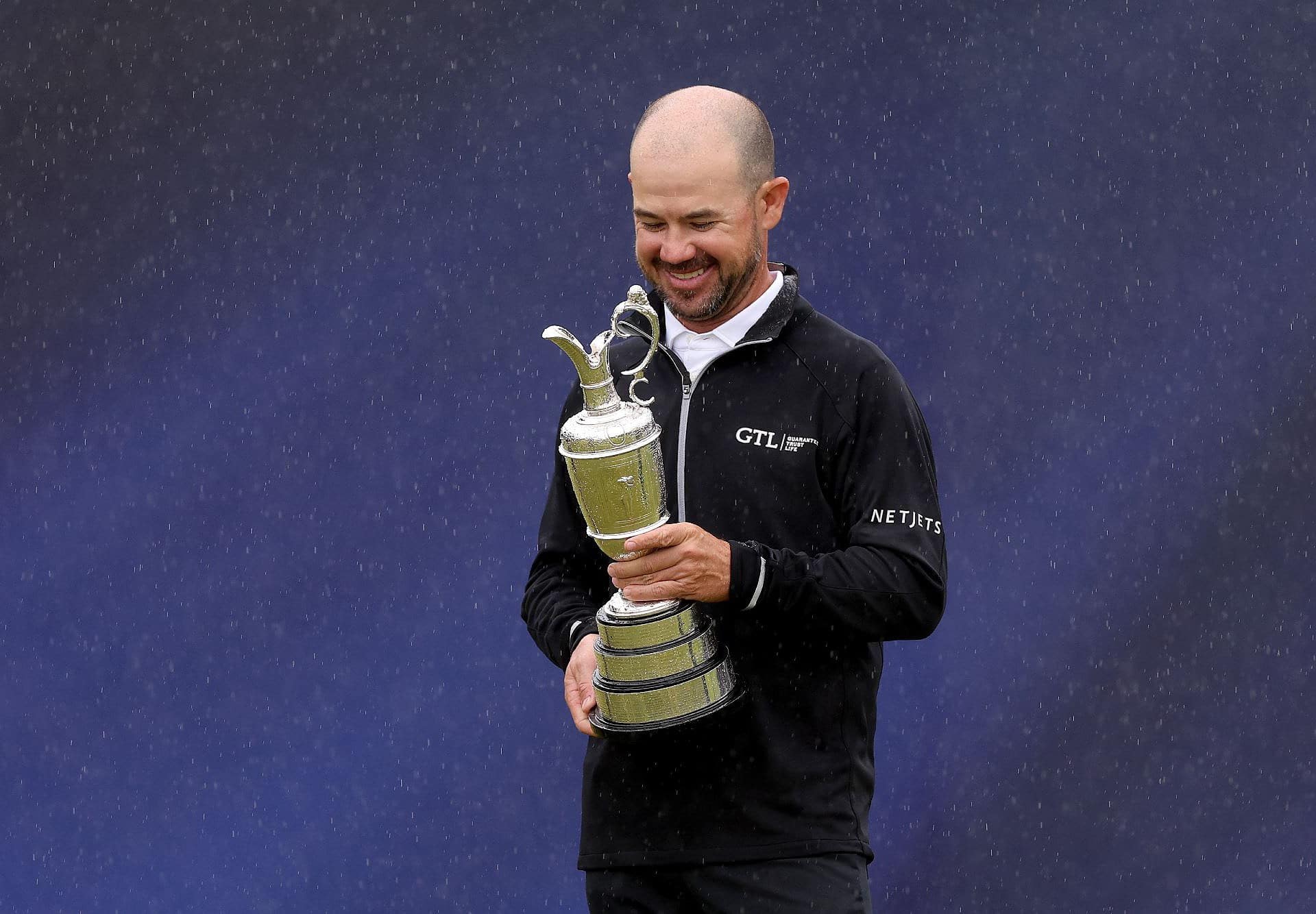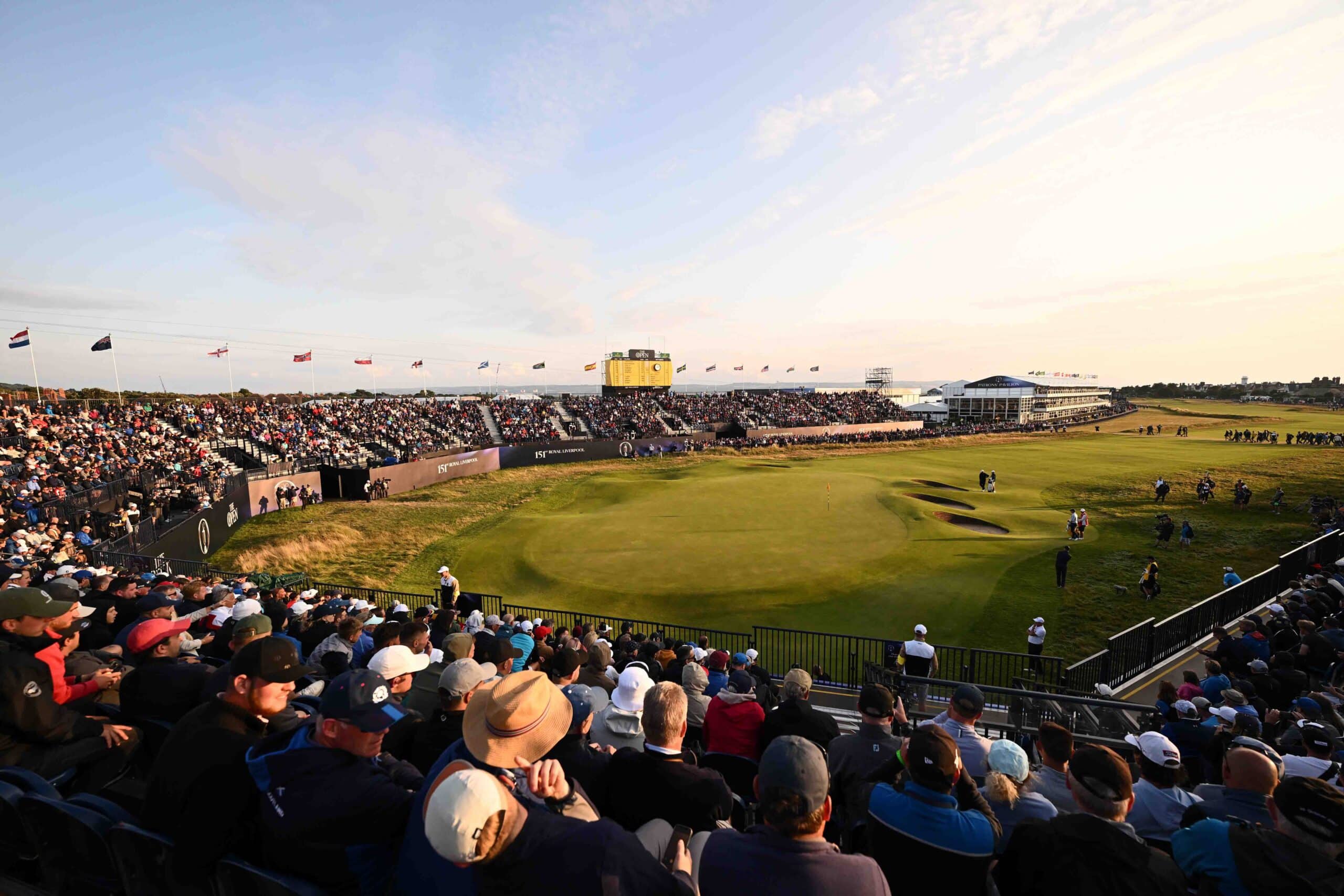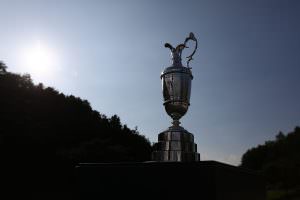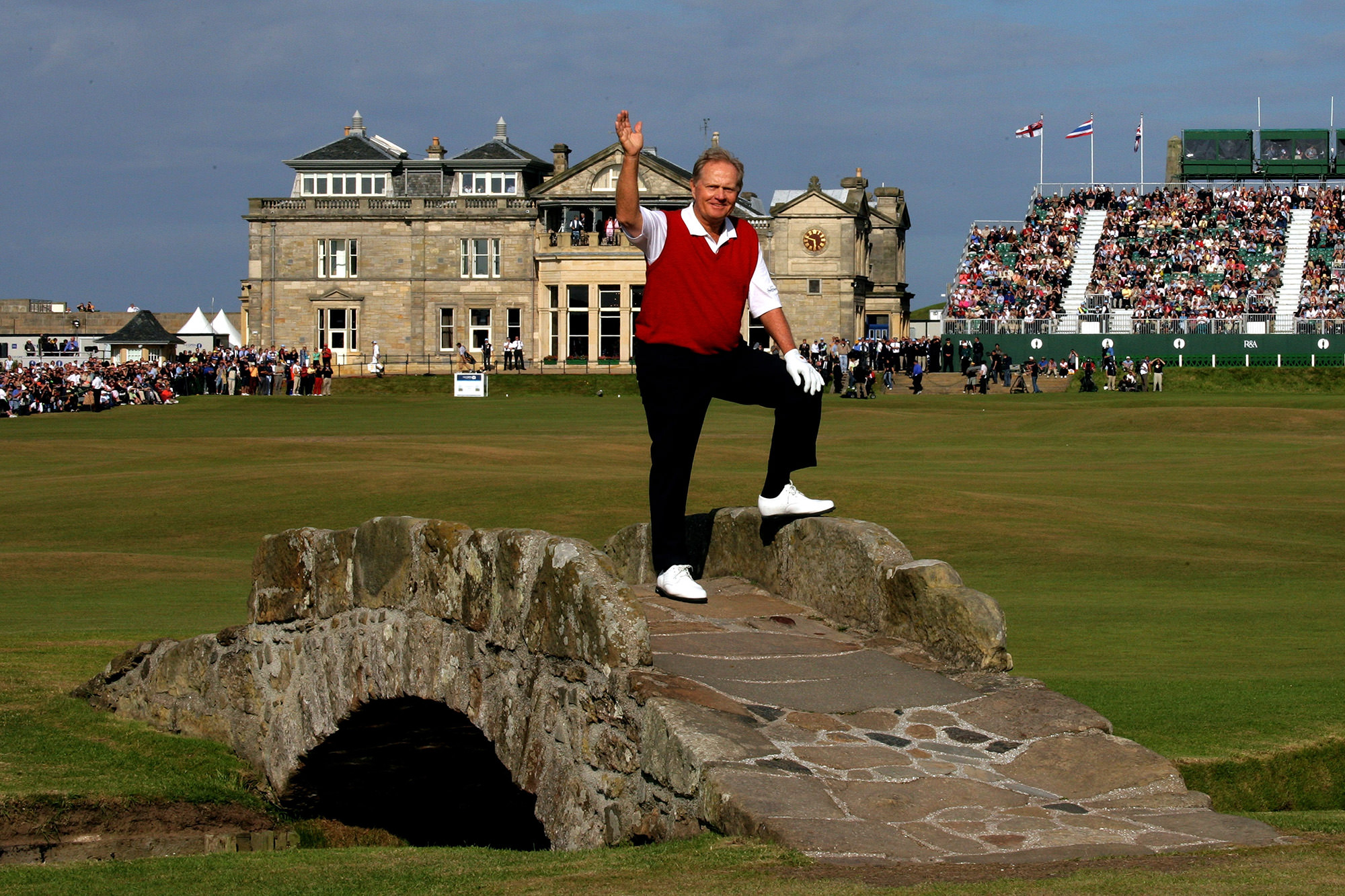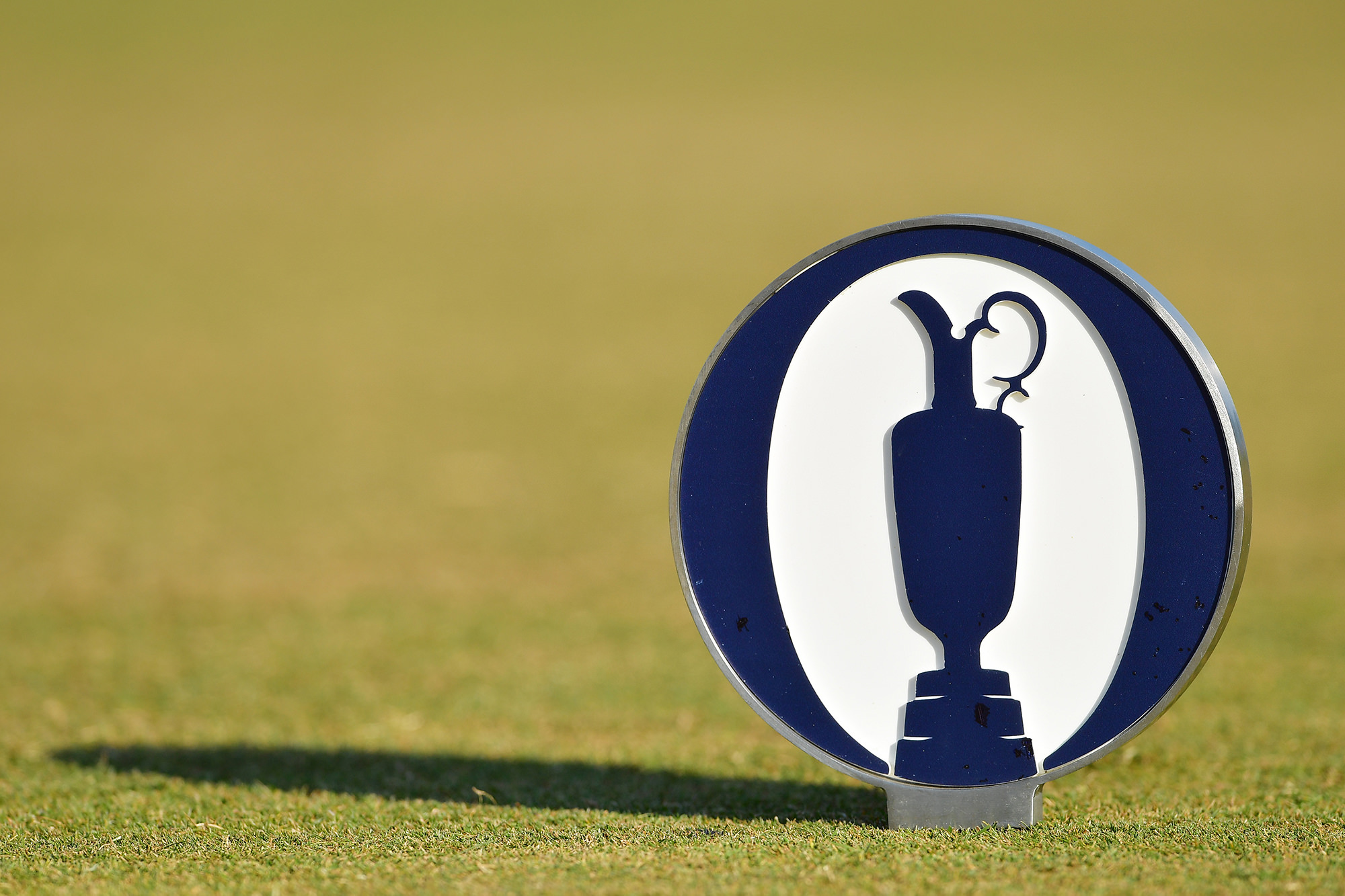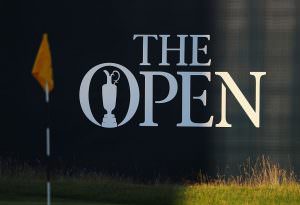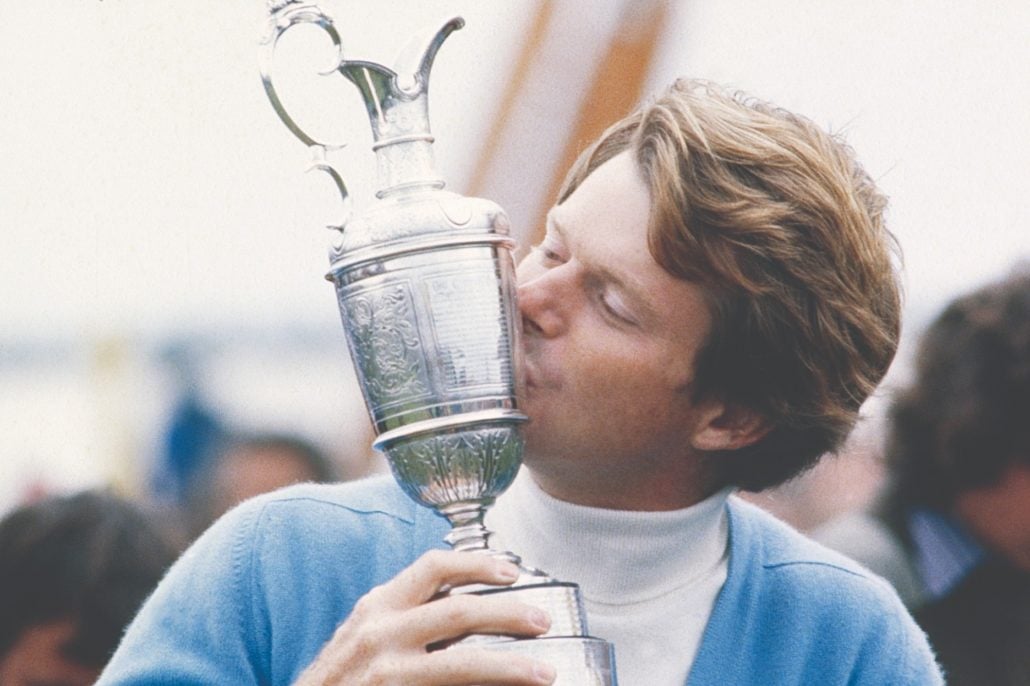
‘I didn’t like links golf – then I had an epiphany’
“I’ll tell you a story about Carnoustie.” The room goes silent. Tom Watson is beginning a moving love letter to links golf.
“Jack told this to me,” he starts. “Big Three Golf – televised between Arnold Palmer, Jack Nicklaus and Gary Player. They played Carnoustie and he said the wind was blowing 25 miles-an-hour and the golf course was completely burned up.
“There was no green grass on the golf course. He said, ‘Tom, guess how many greens in regulation in total the three of us hit in 54 holes – 18 holes each?’
“I said, ‘Well, 15? 10?’ He said, ‘No, we hit seven greens in regulation.’ He said that Arnie shot 79, Gary shot 78 and he shot 77 in big three golf at Carnoustie.
“He said he hit four greens, Gary hit two and Arnie hit one. One green Arnie hit in 18 holes.”
There is beauty in this carnage. It’s the kind of tale that should cause us to wince – a warning delivered in hushed tones within the warm confines of a clubhouse.
But the little smirk that appears in the corner of Watson’s mouth, as he relays this story of struggle amid windswept dunes, underlines the joy of links golf and the deep appreciation of the challenges that can only be found when course meets coastline.
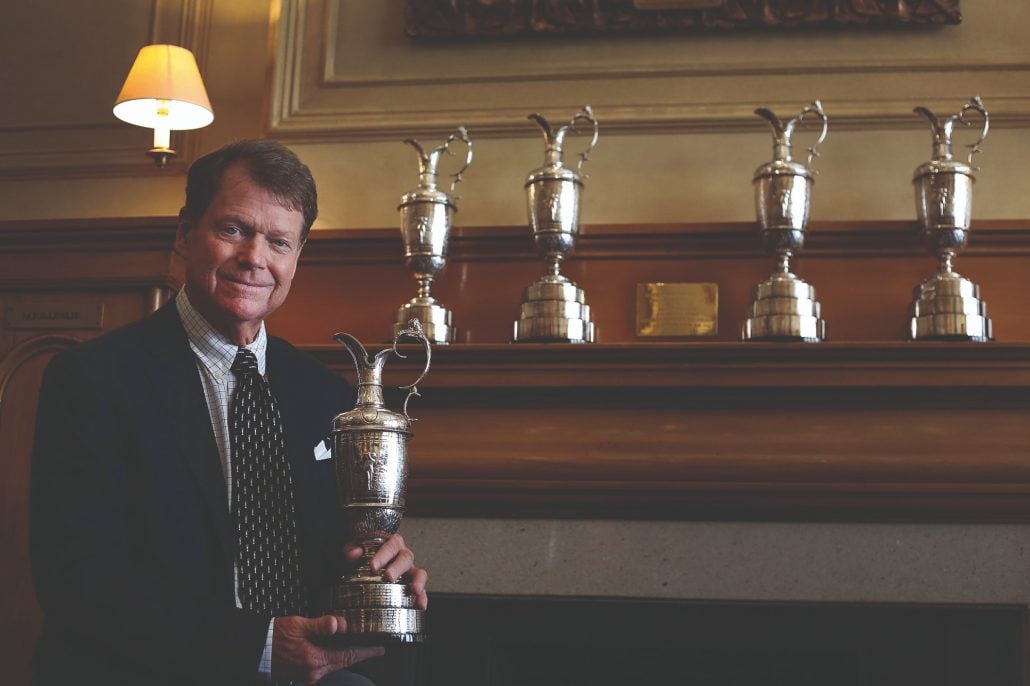
Watson is utterly synonymous with this form of the game. Of his eight major titles only two – the Masters in 1977 and 1981 – came on courses that weren’t perched next to either sea or ocean.
His five Open wins, four in Scotland and the last at Royal Birkdale in 1983, mean he’s revered by the British, who like nothing more than to embrace a player that appreciates the strange bounces, the lottery, and the sheer beauty of their courses.
It wasn’t always so. How he originally found himself in the gorse and whins is the stuff of golfing folklore.
Ahead of the 1975 Open at Carnoustie, he pitched up at Monifieth Medal for his first hole on a terrain utterly unfamiliar.
Depending on who’s telling the story, he either crushed a driver only to lose his ball, or became lodged into the kind of bunker about which scorecards have nightmares.
Remarkably, Watson won that Open – edging out Jack Newton in a play-off – but it wasn’t exactly love at first sight.
“I didn’t like links golf,” he recalls. “I didn’t like St Andrews at all when I played it in ‘78 for the first time – blind shots, bouncing everywhere, having to land the ball short at six to try and feel the way up the slope there and get it in the flag position, just over the hill there. I didn’t like that.”
He’s now in full flow.
“I really didn’t like that type of golf. You just couldn’t feel the weight and the more I played it, the more I understood you had to feel the weight of the shot. It’s not about yardage, it’s about feel.”
Conversion did not come quickly. It wasn’t until 1979, two years after the epic Duel in the Sun at Turnberry, that he saw the light.
Seve swashbuckled his way round Royal Lytham & St Annes and Watson faltered with a closing 81, but the bug had finally bitten.
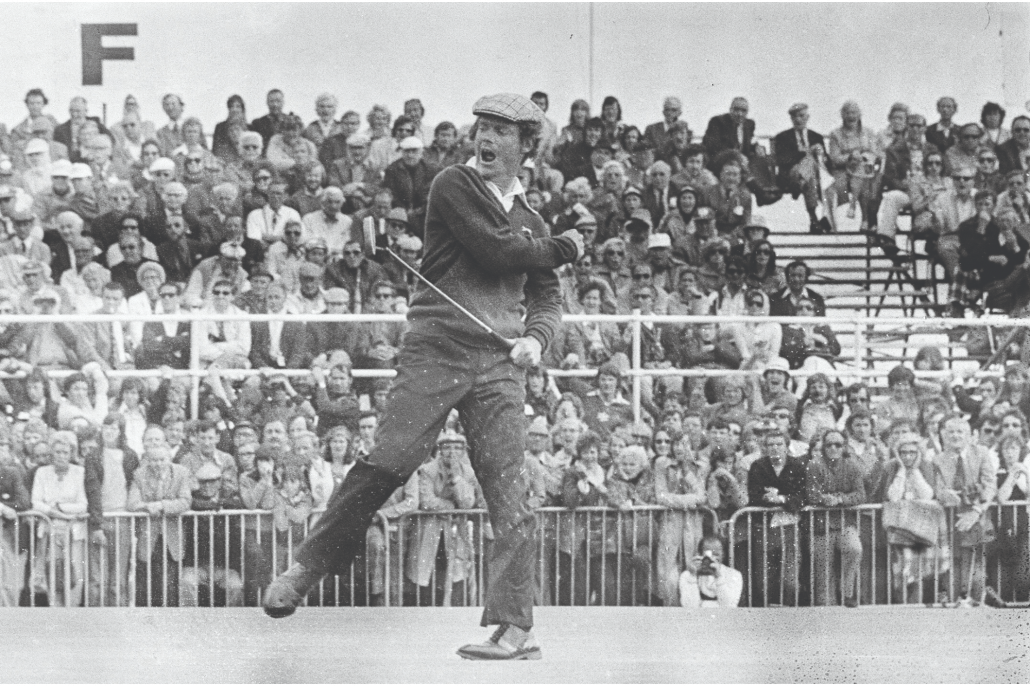
“I remember playing the sixth hole. One day it was a driver, eight-iron to the par five and the next day it was driver, three-wood, five-iron. I said to myself, ‘This is links golf.’
“It changes dramatically. You have to accept that change. You can’t just think about all the good conditions you have in America, where you can land the ball on the green and the ball stops. You have to play bounce up golf. You have to accept the luck of the bounce.
“I had an epiphany at that time and said, ‘Watson, quit complaining. Play golf like you were a kid again.’ That was the biggest change in my mental focus – the way I thought about the game and how to play links golf.”
From that moment, he was smitten and, like every convert, passionate. It’s a love which has remained undimmed and which comes with its own epic adventure.
Prior to the Open at Royal Birkdale in 2017, Watson flew into Scotland for a “true links” experience – a gathering of close family and friends at some of the country’s most venerable links: Royal Dornoch, Nairn, Castle Stuart and Brora.
No cameras, no publicity – just a golfer, and his pals, enjoying a knock. It’s hard to think of a more romantic image.
“We flew in from Inverness, went up to the north and just had a marvellous time.
“Brora was a wonderful links golf course. I had a very difficult time with it.
“Playing the incoming nine downwind was really tough for me. I couldn’t keep the ball on the greens. I think I hit one green in regulation coming in and shot 76.
“My caddie Ron is looking at me, ‘Huh? This guy is supposed to be good.’ I’d like to play it again. I’d like to challenge it again. But it was very good.
“The condition of all the courses we played were great but that day, when we played Brora, was my favourite day. We came back and ate dinner, at Dornoch.
“This is about 5.30pm and I organised with the pro there if we could go out and play some foursomes golf with eight of us.
“We teed off about 7pm and I got my trolley, and my bag, and I’m pushing it.
“Everyone else is carrying. We go out there on the first hole. We end up playing the first six and the last six – beautiful day, cloudless, no wind.
“It was just delightful to play.”
- Visit our dedicated Open Championship website for more interviews
How would you like to be part of Open history?
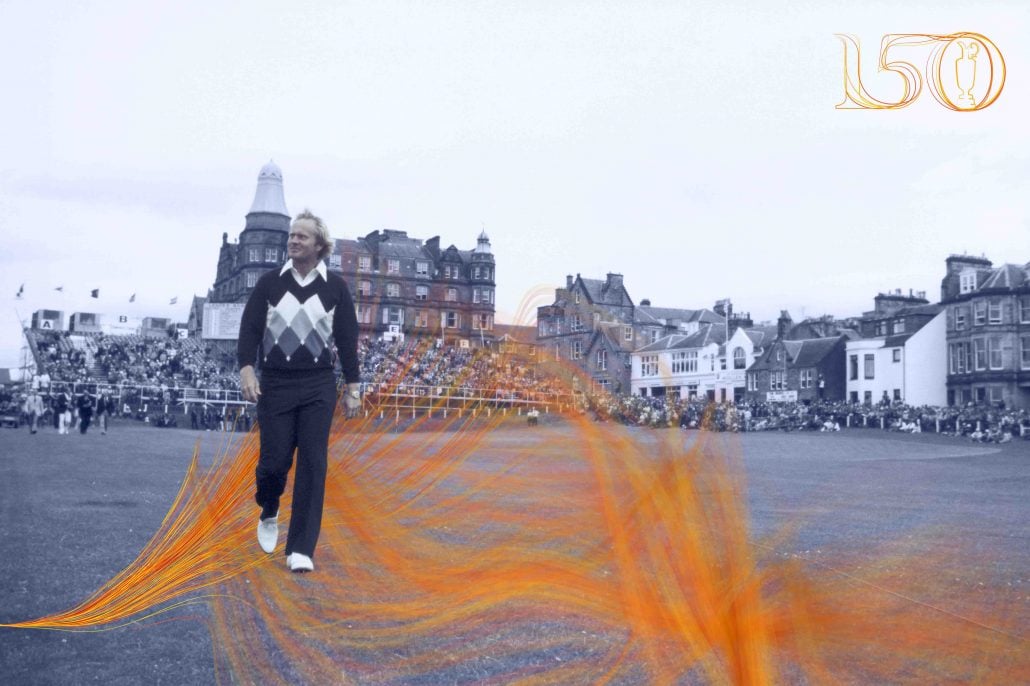
The R&A has announced details of how you can get tickets for the historic 150th Open Championship at St Andrews in 2022. Click here to find out more.
Subscribe to NCG
Steve Carroll

A journalist for 25 years, Steve has been immersed in club golf for almost as long. A former club captain, he has passed the Level 3 Rules of Golf exam with distinction having attended the R&A's prestigious Tournament Administrators and Referees Seminar.
Steve has officiated at a host of high-profile tournaments, including Open Regional Qualifying, PGA Fourball Championship, English Men's Senior Amateur, and the North of England Amateur Championship. In 2023, he made his international debut as part of the team that refereed England vs Switzerland U16 girls.
A part of NCG's Top 100s panel, Steve has a particular love of links golf and is frantically trying to restore his single-figure handicap. He currently floats at around 11.
Steve plays at Close House, in Newcastle, and York GC, where he is a member of the club's matches and competitions committee and referees the annual 36-hole scratch York Rose Bowl.
Having studied history at Newcastle University, he became a journalist having passed his NTCJ exams at Darlington College of Technology.
What's in Steve's bag: TaylorMade Stealth 2 driver, 3-wood, and hybrids; TaylorMade Stealth 2 irons; TaylorMade Hi-Toe, Ping ChipR, Sik Putter.


